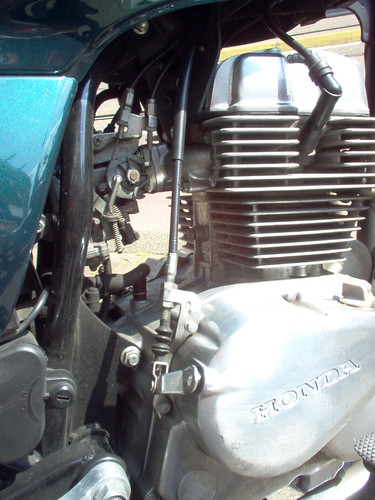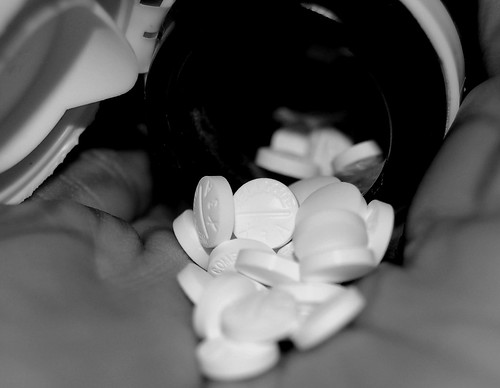The fight for protection of intellectual property continues this week, with the U.S., European Commission and others banding together to announce their part in the Anti-Counterfeiting Trade Agreement (ACTA). Current trading partners discussing the issue so far include Canada, the EU (27 member states from the United Kingdom to Lithuania), Japan, Korea, Mexico, New Zealand and Switzerland.
“Global counterfeiting and piracy steal billions of dollars from workers, artists and entrepreneurs each year and jeopardize the health and safety of citizens across the world,” said U.S. Trade Representative Susan C. Schwab in a statement. “The
ACTA will focus on three main areas--international cooperation, optimal practices, and strengthening the framework for IP enforcement.
International cooperation: Countries across the globe already coordinate anti-counterfeiting efforts, but having set standards in ACTA would help streamline all efforts. "These standards would then be spread to other countries if they wished to sign up to ACTA," reads the release from the European Commission in Brussels. "The EU has proposed transitional mechanisms and technical assistance to help advanced developing countries join the pact in the future."
Practices: The goal here is to establish "common enforcement practices" so that the promotion of intellectual property is strengthened. As one can gather by recent news reports, the European Union is increasing pressure on countries like China to actually enforce the anti-counterfeiting legislation they have scripted. "Closer coordination," says the EU, can only help this process.
Legal framework: In addition to coordinating enforcement rules, ACTA aims to create "a strong modern legal framework which reflects the changing nature of intellectual property theft in the global economy" including the problems posed by the ease of digital piracy, and ever-increasing threat on unhealthy counterfeit pharmaceuticals and food.





